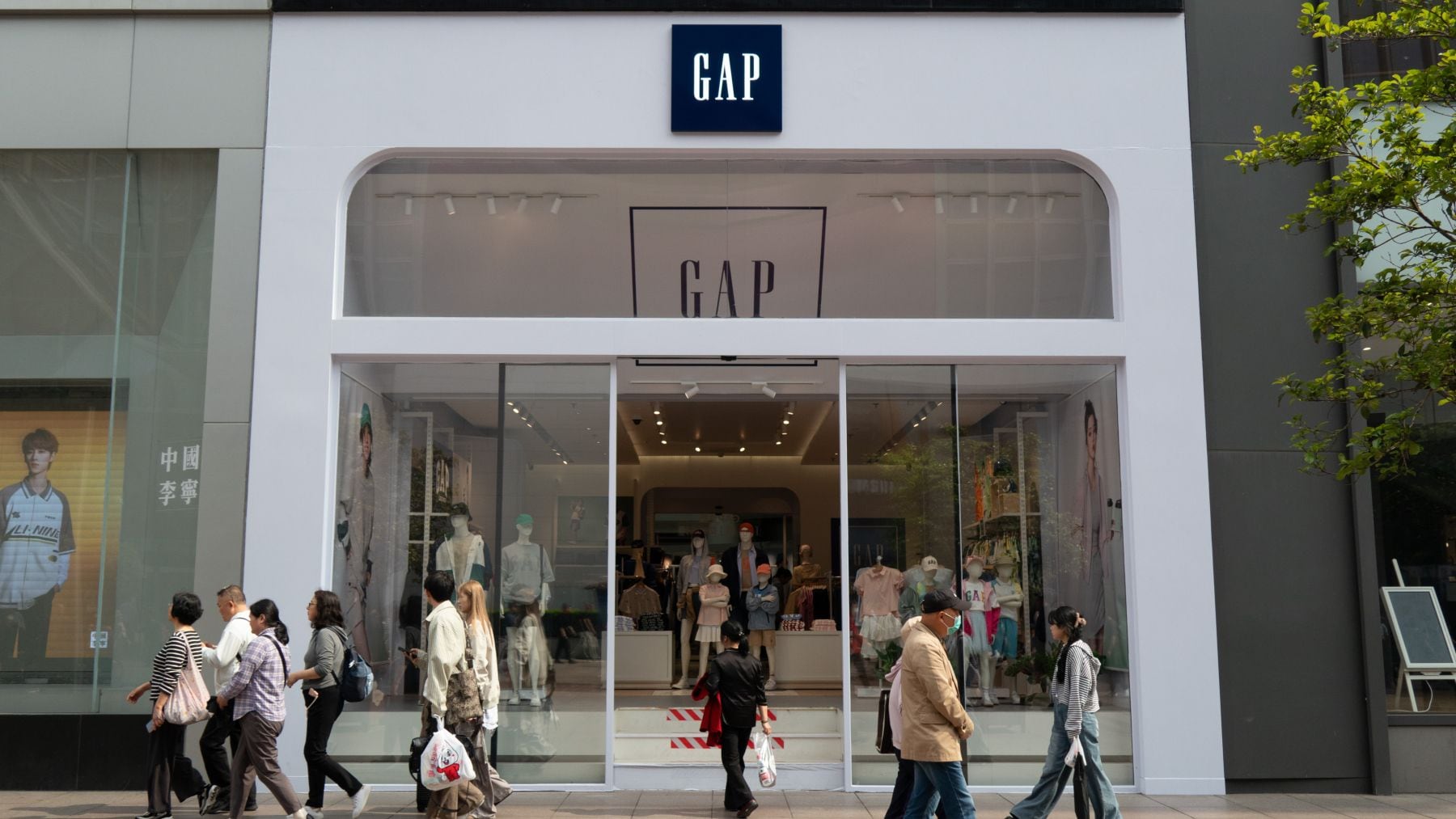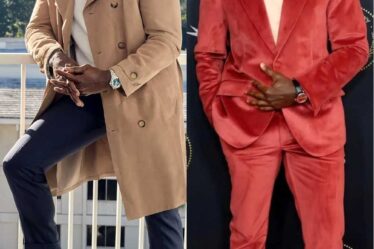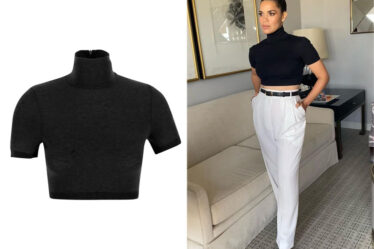
Over the past month, Gap has inched its way back into the cultural zeitgeist. This week, it will update investors on whether its turnaround efforts are proving as successful.
In May, Gap’s new executive vice president and creative director, Zac Posen, dressed a star for the Met Gala — the actress Da’Vine Joy Randolph, who won the Oscar for best supporting actress earlier this year — in an entirely denim gown. Posen himself appeared with her wearing a white Banana Republic suit. It was the first time the brand dressed a star on its own for the Met Gala. Previously, it had teamed up with luxury labels Alexander Wang and Rodarte on looks back in 2010.
The brand made headlines again just weeks later for another red carpet moment, dressing Anne Hathaway in an off-the-shoulder, floor-length white shirtdress, paired with glittering Bulgari jewels for one of the jewellery house’s events in Rome. (That dress will be available for pre-order on Gap’s website on Tuesday.) People had been buzzing about Gap off the red carpet, too: A few days prior, it dropped a collaboration with California-based, cottagecore-esque brand Doên, the majority of which promptly sold out. The tie-up followed a very different Gap collaboration with British streetwear label Palace in March.
All these moments are a sign of the times at Gap, which appointed Richard Dickson, the former president of Mattel, as chief executive last July. Dickson is credited as the mastermind behind the strategy that ignited last year’s “Barbie” craze, revitalising the toy brand’s place in pop culture. He was brought into Gap to give it the same treatment and bring the brand, once ubiquitous in the US, back to the centre of conversation.
The effects of these efforts will start to become clearer when parent company Gap Inc. reports its first quarter earnings on May 30.
The report won’t tell the full story, particularly as the impact of the aforementioned red carpet moments won’t be reflected in the brand’s first quarter sales. Gap’s turnaround plans, too, remain in a relatively early stage. Dickson hasn’t yet been with the company a full year and is still remaking its executive suite. Earlier this month, Gap announced the appointment of PepsiCo executive Fabiola Torres as chief marketing officer. In addition to Posen, who was named to his post in February, Dickson has also hired a new chief business and strategy officer and chief people officer.
Red carpet moments alone won’t be enough to turn the company around, which makes its money from basics worn for far less glitzy occasions and has been on a steady decline for the past two decades. Profits and sales have slid, there’s been a string of failed turnaround attempts under former chief executives Sonia Syngal and Art Peck, and of course, there was that ill-fated Yeezy collaboration. But they are reminiscent of the last time Gap was at the centre of the fashion and retail conversation: Sharon Stone famously wore a Gap turtleneck to the Oscars in 1996.
Gap has already seen some moves in the right direction since Dickson’s appointment last year. Sales in the fourth quarter of 2023, which were reported in March, beat expectations, and profits in the third quarter also surpassed forecasts.
But the hard work isn’t over yet: Net sales for 2024 were expected to remain flat, and while sales were on the rise at Old Navy and Gap, at the company’s other brands, Banana Republic and Athleta, they slumped 4 percent and 10 percent, respectively. The company said it anticipates updating the product assortment at those brands to take longer than initially expected.
Certainly, Dickson’s strategy has managed to get people talking at least. This week’s update will help paint a clearer picture of whether or not the early momentum of his tenure is continuing to build.
The Week Ahead wants to hear from you! Send tips, suggestions, complaints and compliments to brian.baskin@businessoffashion.com.



